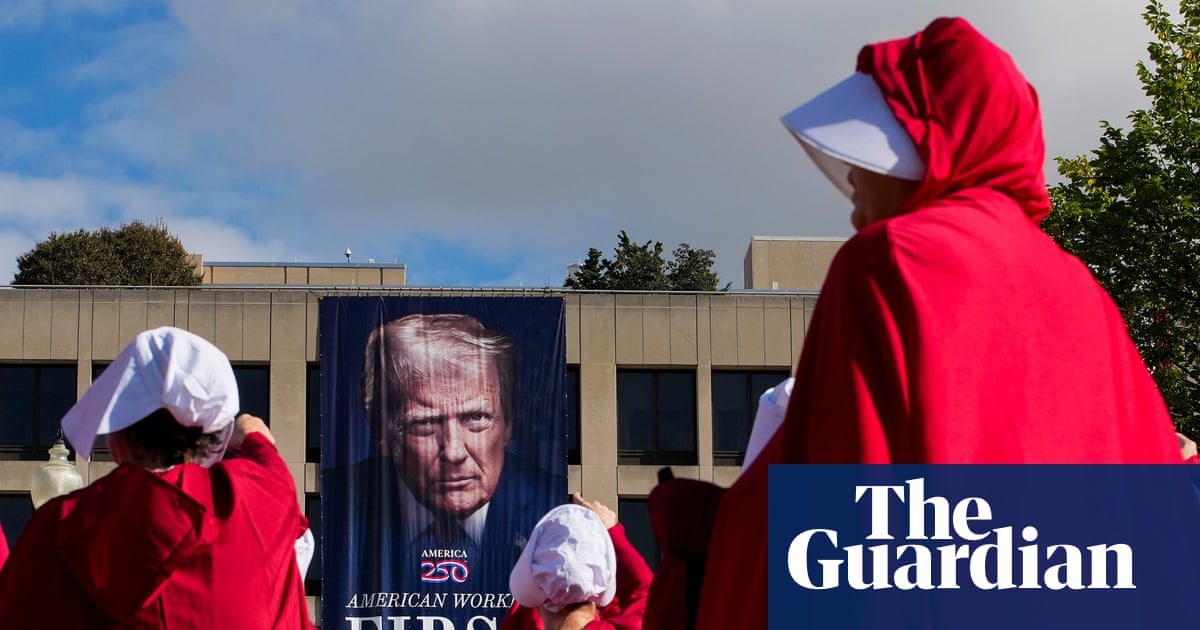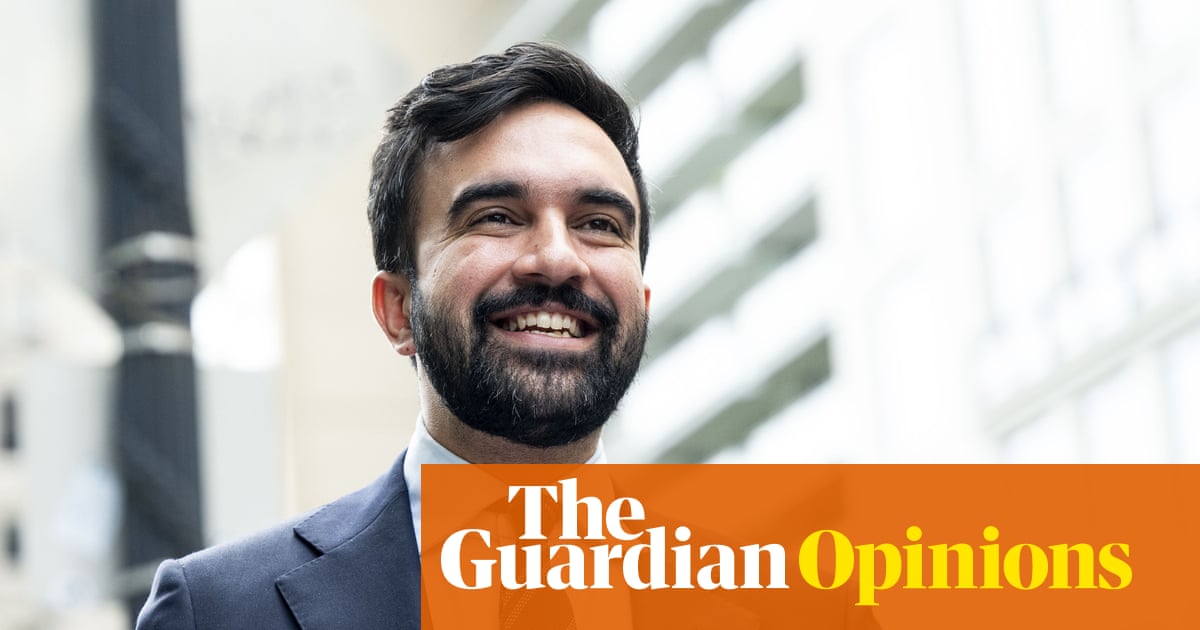If you’re old enough to have admired CBS in its heyday, watching its decline has been painful.
Decades ago, it was dubbed the Tiffany Network – home of the great journalist Walter Cronkite (“the most trusted man in America”), and innovator of the top-flight magazine program, 60 Minutes.
Even outside its news division, the network was a place where the variety-show host Ed Sullivan could break down racial exclusion by inviting outstanding Black entertainers to his Sunday night program; that was controversial in an era of intense racial turmoil. The CBS news department had some of the best journalists in the nation, and the corporation itself exuded a sense of public mission.
But on Monday, when Bari Weiss was named editor-in-chief of CBS News, it was the latest turn in the network’s confounding departure from its roots.
Given her lack of experience in news, “placing Weiss at or near the helm of a television news division makes no more sense than it would have, a generation ago, to have given such a role to William F Buckley of the National Review or Victor Navasky of The Nation,” wrote Richard Tofel, an astute media observer, formerly of the Wall Street Journal and ProPublica, mentioning conservative and liberal opinionators of their era.
Weiss – a staunch Zionist and a fierce opponent of supposed wokeness and diversity, equity and inclusion (DEI) initiatives – famously left the New York Times opinion section, claiming she had been bullied by her colleagues for her beliefs. She started a Substack newsletter and eventually founded the wildly successful website Free Press.
Her rise has been meteoric. She “has ascended the mountain of journalism on a slingshot”, Jessica Testa of the New York Times put it this week.
To her many critics, her appointment was just one more step on the shameful path that CBS has trod since Donald Trump was elected to a second term.
The network caved to the US president when its parent company, Paramount, settled a lawsuit it could have won, sending millions of dollars for a future presidential library. Trump claimed that he was harmed during last year’s presidential campaign by the editing (actually, quite routine) of a 60 Minutes interview of his then rival Kamala Harris. Not only did the company settle the case, but now it has decided not to edit taped interviews with political figures on its Sunday morning Face the Nation – a dubious idea at best, and another piece of capitulation to Trump.
The longtime executive producer of 60 Minutes quit a few months ago, saying he feared the loss of his prized editorial independence; and the network’s evening newscast ratings continue to lag their competitors. Recently, the company named an ombudsman for CBS News – someone with no news experience – to monitor claims of bias, but with no arrangement to communicate regularly to the public, as normal news ombudsmen or public editors have.
Others were much harsher than Tofel in their criticism, noting that Paramount paid an astonishing $150m for Weiss’s site, Free Press. Paramount is led these days by David Ellison, the son of Larry Ellison, one of the world’s richest people, and Weiss is very much his pick to led CBS News; the corporate press release said she will, among other things, “reshape editorial priorities”. She will report directly to Ellison, rather than to the CBS News president, a more traditional arrangement.
“Like Musk’s acquisition of Twitter, the deal can be understood as part of a broader elite project to smudge the lenses through which many people see the world,” wrote the Defector’s Patrick Redford. “By installing Weiss, the richest people in the world have taken another step toward ushering in the toothless, acquiescent future of mainstream media they’ve always wanted.”
Certainly, that is something that Trump and his allies have worked relentlessly for.
Redford called it “yet another victory of marketing over its natural enemy, journalism”.
As she took the helm, Weiss sent around a friendly-sounding note to the news staff that had one particularly notable line. Among her “core journalistic values”, she wrote, is “journalism that holds both American political parties to equal scrutiny”.
Sounds good, but the two parties are far from equal these days.
“CBS should brace for a heavy dose of bothsiderism,” wrote Oliver Darcy in his Status newsletter, observing that the Free Press has, as its central thesis, “that Trump and his supporters are largely right about the cultural rot of the woke-elite” and liberal overreach (wokeness) is a bigger problem than Trump’s existential threats to American democracy.
As independent media gains influence, it may not matter very much any more who leads a major TV network. Certainly, it matters far less now than in the years when CBS ruled the airwaves.
But it is telling that Weiss – such a polarizing provocateur herself – has been chosen to reinvent the most mainstream of legacy networks at this fraught and dangerous time in the US.
-
Margaret Sullivan is a Guardian US columnist writing on media, politics and culture

 German (DE)
German (DE)  English (US)
English (US)  Spanish (ES)
Spanish (ES)  French (FR)
French (FR)  Hindi (IN)
Hindi (IN)  Italian (IT)
Italian (IT)  Russian (RU)
Russian (RU)  2 hours ago
2 hours ago
























Comments